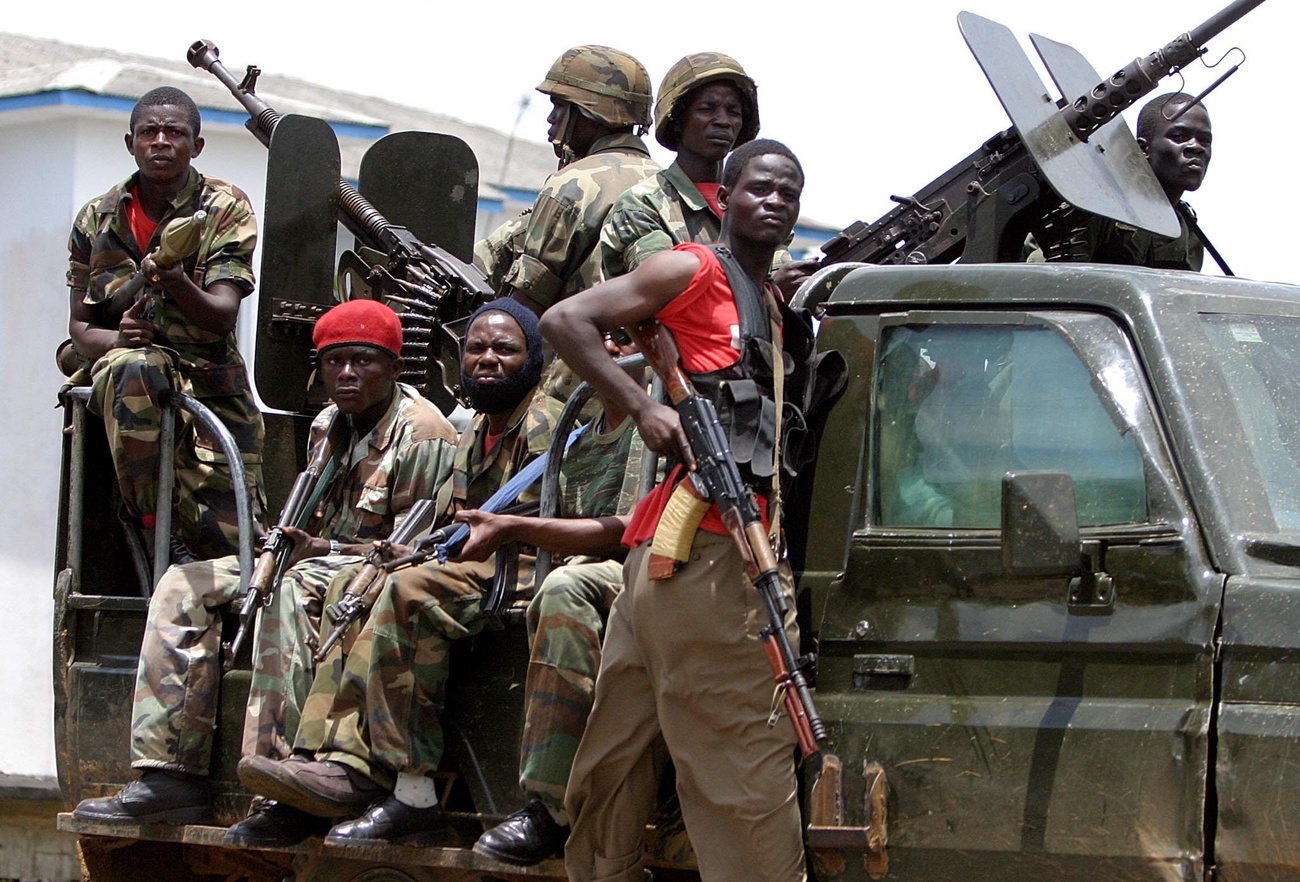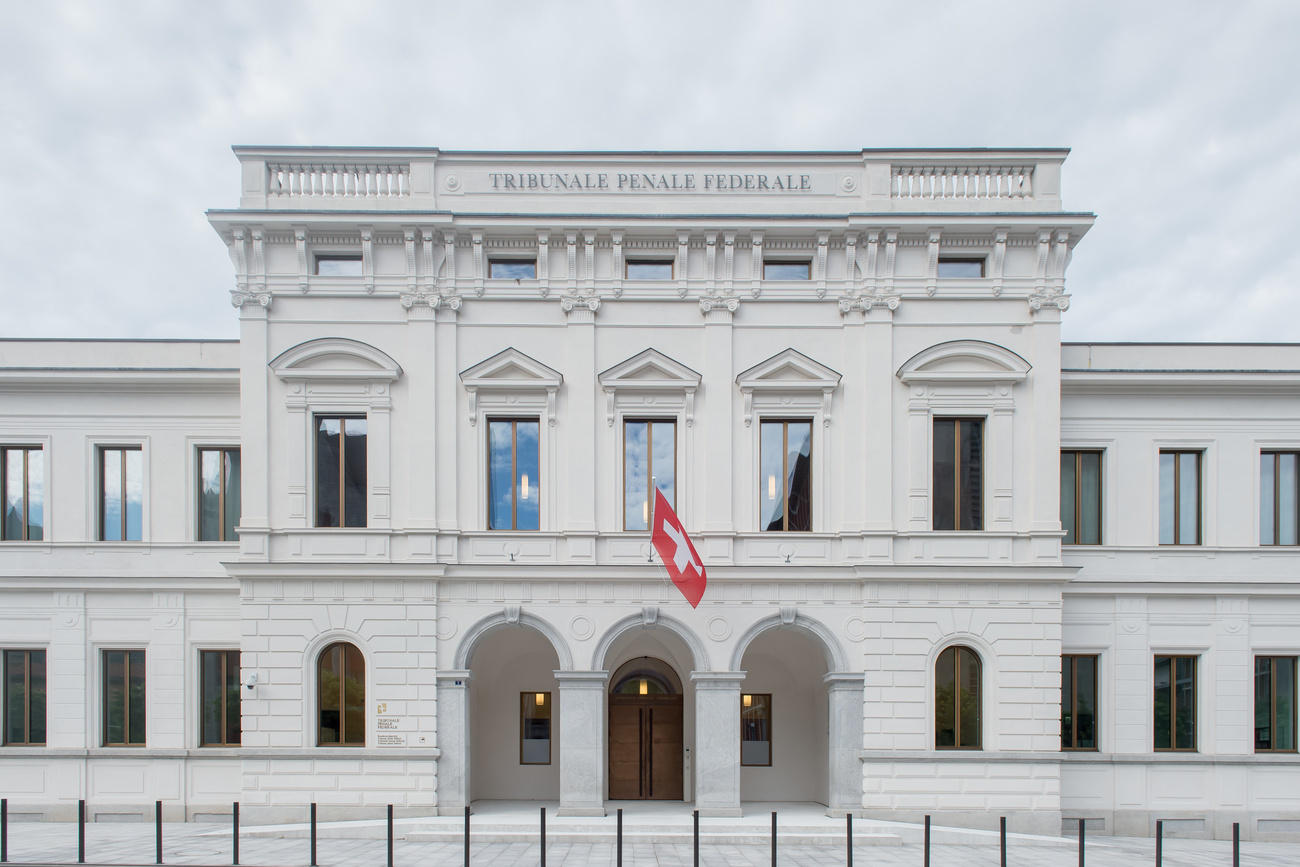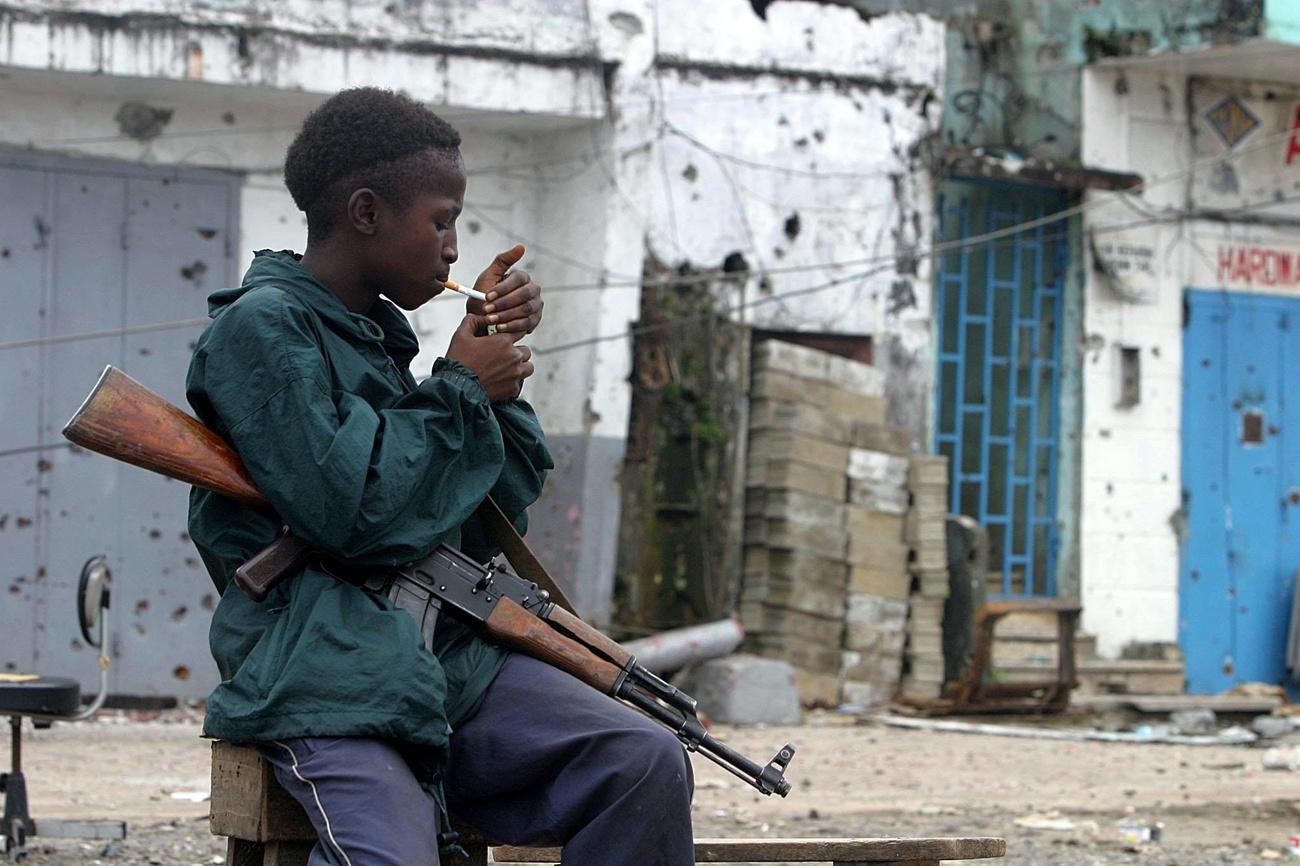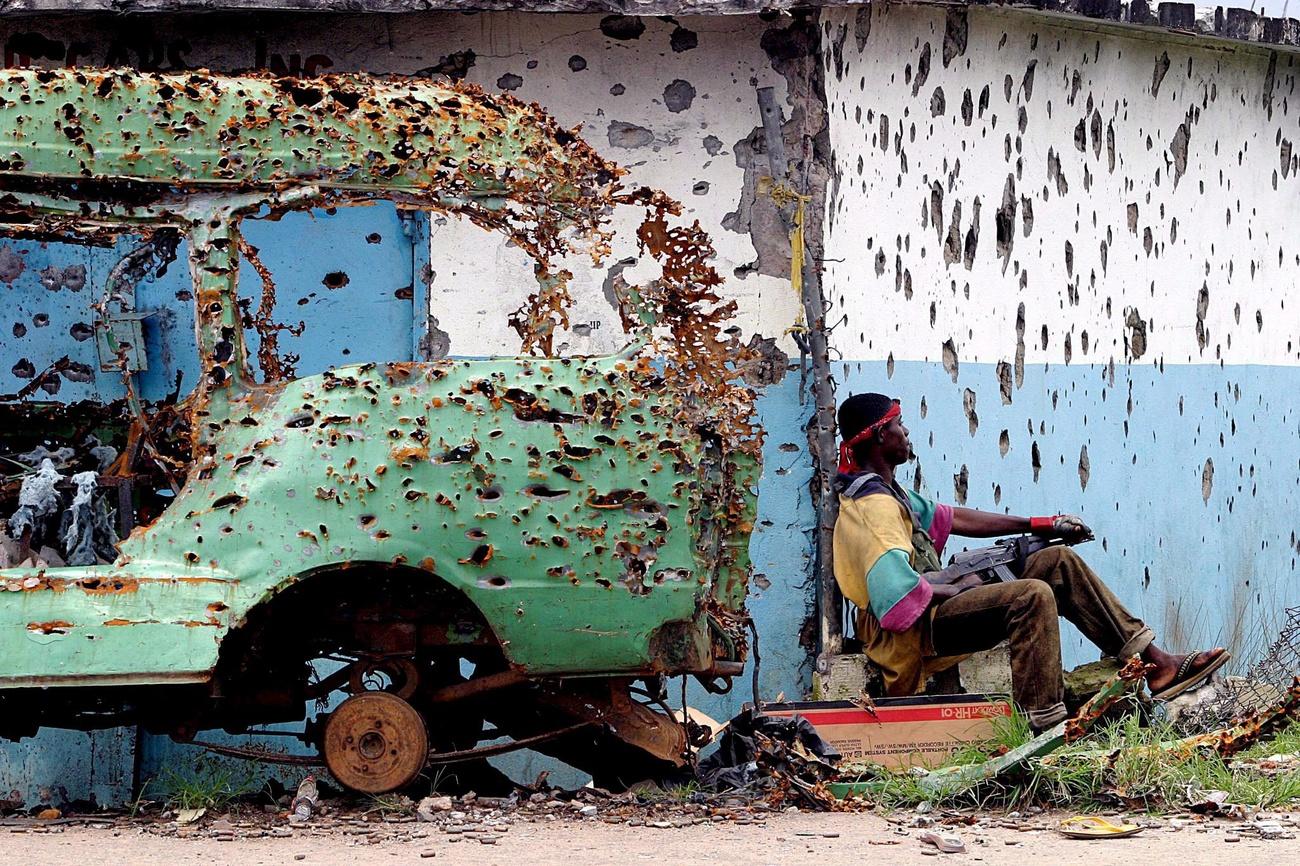Liberia war crimes tribunal opens in Switzerland

The historic trial of a Liberian commander accused of rape, pillage, assassinations, and an act of cannibalism opened in the Swiss Federal Criminal Court on Thursday.
Alieu Kosiah appeared before the court in Bellinzona today after having been detained in a prison in Bern since November 2014.
His trial is one of just a handful of cases brought before international courts in relation to Liberia’s civil wars between 1989 and 2003, which led to the deaths of nearly a quarter of a million people.
“This is historic for Switzerland and Liberia,” said Alain Werner, a Swiss lawyer at Geneva-based NGO Civitas Maxima, which filed the complaint on behalf of victims. The case is a first for Switzerland under a 2011 law allowing prosecution for war crimes committed anywhere.
Kosiah is accused of committing war crimes including “recruitment and use of a child soldier, forced transportation, looting, cruel treatment of civilians, attempted murder, murder (directly or by order), desecration of a corpse and rape”.
While commanding a group of the armed faction ULIMO (United Liberation Movement of Liberia), Kosiah allegedly forced civilians to transport goods under inhumane conditions. In one incident described in the indictment, Kosiah joined fighters in eating slices of an assassinated man’s heart.
‘Big men’
Kosiah was one of the so-called ‘big men’ in the rebel faction ULIMO whose battalion fought against the troops of warlord Charles Taylor in the remote Lofa County in the 1990s.
The former army commander denies the allegations, and has said that some of the charges should be attributed to troops under his command.
On Thursday, Werner, who is representing the four plaintiffs, pleaded for a postponement of the debates so that his clients could be present or that the video of the hearing could be broadcasted. Due to the Covid-19 pandemic, the hearings have been split into two parts, which Werner said is harmful to his clients, who can’t be present.
Federal Public Prosecutor Andreas Müller acknowledged that the presence of the plaintiffs would have been preferable and that they could have been prejudiced. He also wanted an audio-video recording of the accused to be made for them.
The trial is taking place in Switzerland because the former army commander was arrested in the country. While researching the Liberian conflict, Werner’s NGO discovered that Kosiah was living on Lake Geneva, which led to his eventual arrest and indictment.

In compliance with the JTI standards
More: SWI swissinfo.ch certified by the Journalism Trust Initiative



You can find an overview of ongoing debates with our journalists here. Please join us!
If you want to start a conversation about a topic raised in this article or want to report factual errors, email us at english@swissinfo.ch.